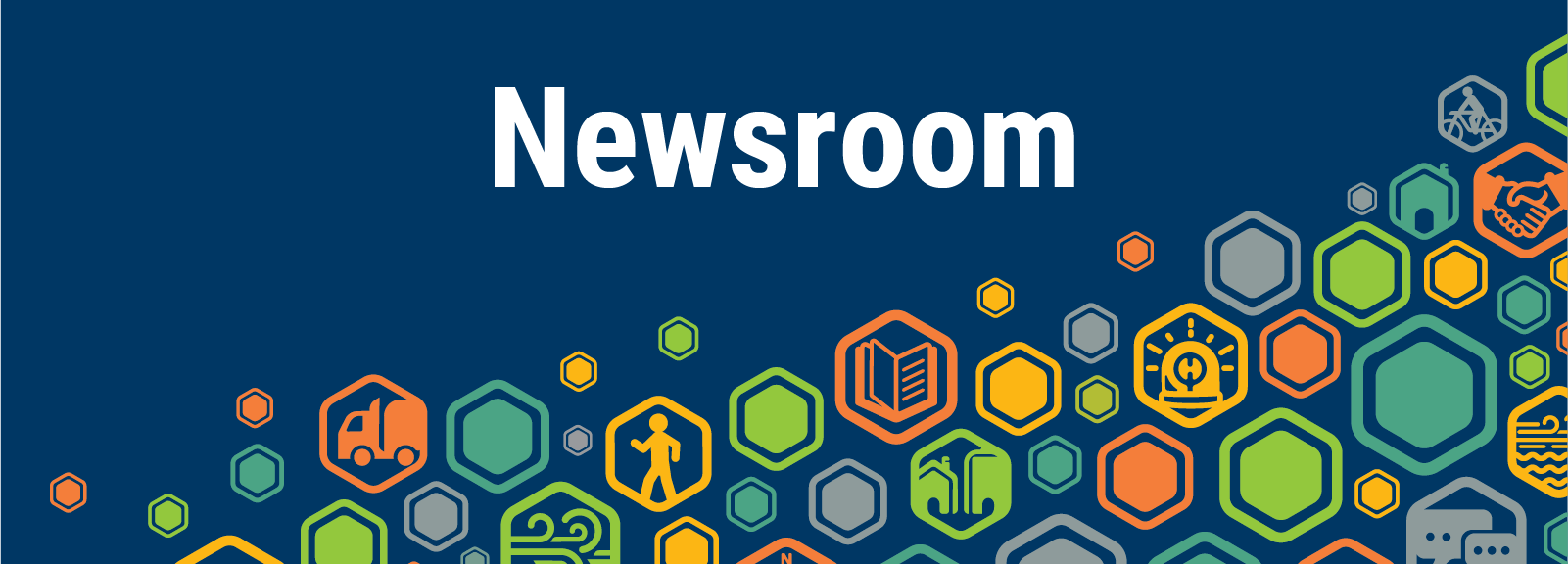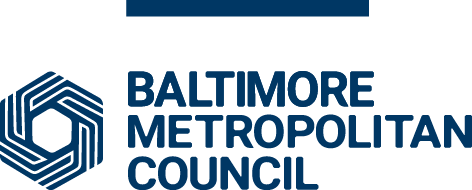
BMC is honored to have provided technical support to this important work. We thank GBC for their leadership and look forward to continuing our collaboration to enhance our region’s workforce system.
Greater Baltimore Committee Issues Workforce Development Report
[Baltimore, MD, October 19, 2020]
The Greater Baltimore Committee has released a comprehensive report which identifies the top 20 occupations likely to produce the most family-supporting jobs in the Baltimore region over the next decade, while also outlining recommendations to enhance education and training systems and address structural racism, gender inequities and systemic barriers to workforce participation and advancement.
The report, Preparing for the Future. A Regional Workforce Development Initiative, includes more than 50 recommendations to ensure the region has a pipeline of skilled workers to fill high growth family-supporting jobs.
The top 20 family-supporting occupations identified in the report are in four industries projected to experience growth in family-supporting jobs in the decade ahead: business services, construction, information technology and healthcare.
“Focusing on business sectors that are projected to see the greatest growth in the next decade, the report will provide a roadmap to ensure that our region has the educated and skilled workforce to meet the needs of those industry sectors,” said Donald C. Fry, President and CEO of the Greater Baltimore Committee (GBC).
“The next step will be to implement the recommendations and the GBC is committed to guiding that effort.”
“This report is an urgent call to action,” said Calvin Butler, Senior Executive Vice President, Exelon, Chief Executive Officer, Exelon Utilities, GBC Chair, and chair of the GBC Regional Workforce Development Initiative Steering Committee, which guided the development of the report during the past 18 months.
The report was directed by the GBC Board of Directors to ensure the region’s educational and workforce development systems can meet future industry needs.
“By increasing business engagement with education and workforce systems we will see a transformative impact on the quality of our workforce and the growth of the regional economy,” said Butler.
Diane Bell-McKoy, President and CEO, Associated Black Charities and a member of the steering committee, said a key goal will be to address racial and systemic barriers to training and jobs.
“A key goal will be to address structural racism and how it inhibits access to upwardly mobile jobs, employment preparation, employment and upward mobility for Black and Brown workers. Addressing this issue can create a “win-win” for our economy and all employers in our region,” said Bell-McKoy. “This is crucial to the economic success of the region.”
According to the report, “Deliberate, decisive action by all parties…is required to dismantle systemic racism and to address persistent discrimination on the basis of race, gender and disability.”
Growth industries identified in the GBC report were drawn from the 2018 Baltimore Metropolitan Council’s Family-Supporting Jobs Report. That report defined family-supporting jobs as occupations that pay an hourly wage that allows working adults with less than a bachelor’s degree to provide for their family’s needs.
The GBC coordinated with the Baltimore Metropolitan Council to analyze demographic data for the top 20 occupations and identify trends within occupations and across industries. For example, the analysis found that while African American workers represented 29% of the region’s population in 2018, African American workers only have representative participation (29% or higher) in 5 of the 20 identified occupations.
In addition to identifying high growth family-supporting jobs that did not require a four-year degree, the steering committee compiled a regional inventory of key education and training programs by sector, emphasizing those that culminate in postsecondary credentials.
The committee also analyzed training programs across the region – Baltimore City, Anne Arundel, Baltimore, Carroll, Harford and Howard Counties.
A key goal of the analysis, said Fry, was to develop recommendations for how business and industry can become strategically engaged to improve education, workforce training, workforce agencies and employer programs, as well as address racial and gender inequities and systemic barriers.
Fry said the GBC now plans to involve all business and industry stakeholders in implementing the report’s recommendations and ensuring there is strong coordination with education and training providers. The implementation plan will prioritize the order of recommendations based upon multiple factors including: business interest and engagement, existing priorities of local workforce boards, agencies and education partners, and available resources.
According to the report, “Business and industry leaders’ enhanced participation in education and workforce systems has the potential to catalyze opportunities for underserved populations, to dismantle systemic racism and sexist practices within the workplace, to increase diversity within businesses to reflect the rich diversity of the region, and to foster a more inclusive economy in the Baltimore region.”
Dr. Sandra Kurtinitis, President, Community College of Baltimore County and a member of the GBC Board, said the report is timely and valuable, given that family-supporting jobs will be needed as the nation recovers from the Covid-19 pandemic.
“Community colleges and workforce training programs will be at the forefront of the economic recovery and are more important than ever at this time,” said Kurtinitis.
Some of the observations in the report include:
- Programs and systems are needed to strengthen the delivery of rapid, industry-recognized credentialing to workers in transition.
- Too many individuals who have attended K-12 schools are not academically prepared to succeed in college or careers and require significant remediation.
- The State of Maryland and local jurisdictions invest less state/local dollars in basic adult education than peer states and localities.
- Citing administrative burdens, businesses often do not take advantage of federal dollars to support incumbent worker training.
- Structural racism contributes to ongoing disparities in access to opportunity, career advancement, and equal pay for persons of color across occupations and industries.
Among some of the report’s recommendations:
- Leaders in business and industry, education, workforce development and philanthropy coordinate to create rapid training and certification programs in high-need, high-growth industries to support workers in transition.
- Business and industry actively engage in K-12 partnerships, including direct involvement in Career and Technology Education (CTE), dual enrollment, youth apprenticeships and work-based learning programs.
- State and local governments increase resources to support basic adult education.
The GBC and workforce stakeholders advocate for revisions to the federal incumbent worker training program to streamline the process and make the program more attractive to employers.
Business, industry and workforce stakeholders take proactive measures to educate themselves on systemic racism, undergo professional training and executive coaching on advancing equity…and implement changes to address systemic racism and bias within organizations.”
“Business and industry have a tremendous responsibility to engage more directly with the workforce system, remove barriers and improve education and training programs so that all residents of the Greater Baltimore region can access the education and training needed to fill jobs in the high-growth occupations identified,” said Fry. “Family-supporting jobs and a skilled workforce to fill them are key to a thriving economy.”
Read the Report View the Appendices
ABOUT THE GREATER BALTIMORE COMMITTEE
The Greater Baltimore Committee (GBC) is a regional organization of business and civic leaders that includes businesses, nonprofit organizations and educational and civic institutions. It is the leading voice for the private sector in the Baltimore region on issues relating to economic growth, job creation, workforce development, transportation, the business climate and quality of life. The GBC’s membership is comprised of over 500 member organizations, including large, mid-size and small companies, nonprofits, education and foundations in the Greater Baltimore region.
###
